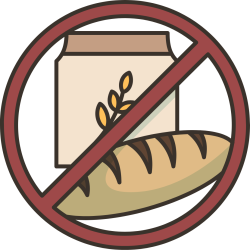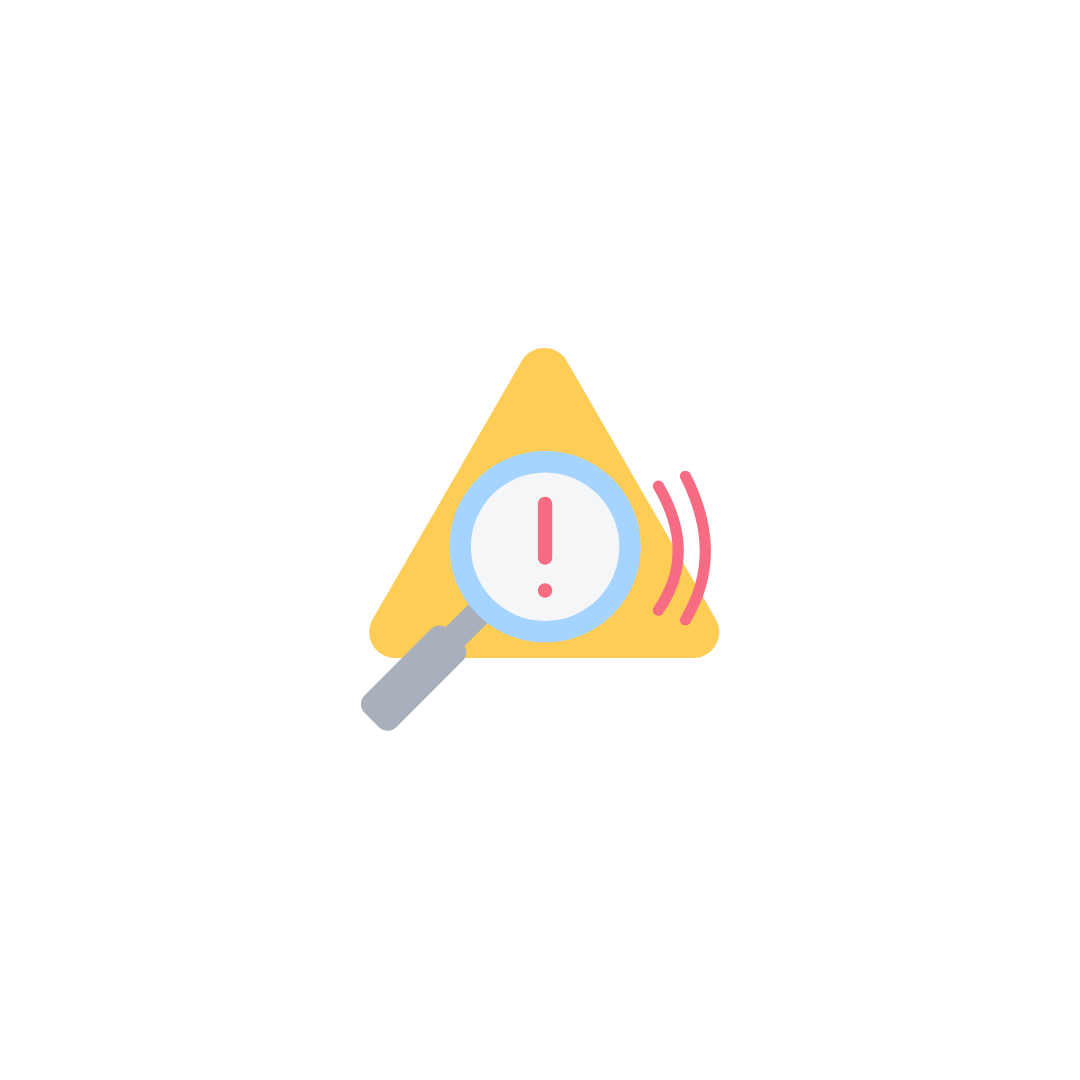One of the metabolic consequences of PCOS is high insulin. In fact, insulin is what sends out hunger signals in the body. Since people with PCOS have high levels of insulin and low blood sugar, that means they are almost constantly in a hungry state and have carb cravings.
If you start restricting or dieting – especially with a low-carb diet – insulin will be released in the body even more and cause even more cravings, which is why people with PCOS have a higher risk of binging.
Weight loss is not an effective way to treat PCOS because it could place people in an endless loop of restriction. They would be stuck not being able to lose weight because of the binging and worsening mental and physical symptoms of PCOS.
This can also cause eating disorder behaviors if the people are too discouraged by their incapacity to lose weight.
In the same way a nourishing diet would benefit someone who is suffering from a lack of nutrients, a change towards gentle exercise and intuitive eating that incorporates a variety of food groups can be a sustainable way to improve PCOS symptoms.






































































